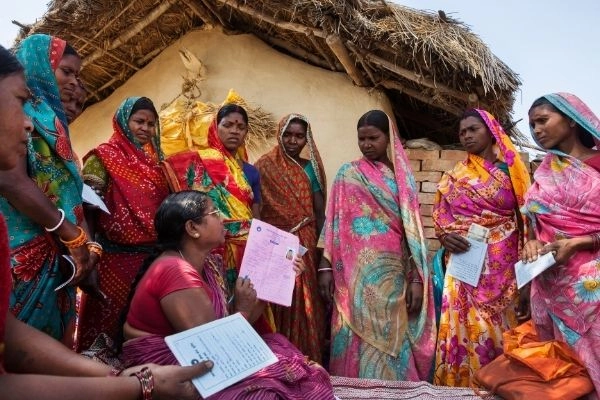
Finance is usually defined within legal and business parameters and is typically the management of money for business purposes. In the development perspective, finance becomes a driver for equitable development, empowerment, and sustainability, if harnessed appropriately. Within the world of women and development for instance, women’s economic empowerment often hinges on access to finance and access to finance that is cognizant of the challenges that women face. Discussions nowadays for instance revolve around reimagining credit assessment tools to account for women’s lack of capital. However, even within this expansive definition of finance, the consequences of finance are still limited to the individual. Women are given loans to empower them. Measures are undertaken to ensure that the loan goes entirely to the woman and only the woman. An increase in women’s empowerment is proxied through an increase in her income solely. While some of these measures are necessary given the coercion women face to hand over assets and their limited (if any) financial independence, an individualistic approach to finance and its benefits limits our understanding of how finance can (and does!) transform communities and empower women simultaneously. The relation between finance and community building, as nurtured by a woman protagonist, was observed by Ela Bhatt (SEWA) while working with women workers in the informal economy. Her observations lead her to coin the term “nurturing finance” – a process by which women use their financing options to “nurture” their communities.
